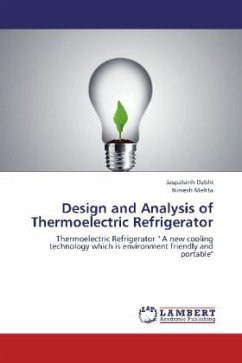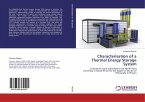The purpose of the refrigeration plant is to coldown substances and maintain them at lower temperature than the atmospheric temp. In the beginning of the twentieth century, terms like the bacteria, yeast, enzymes, mould etc. It is discovered that the growth of any micro-organisms is temperature-dependent, so growth decreases as the temperature decreases, and the growth becomes very slow at temperature below 10 °C to 15 °C and it is now possible to use the refrigeration process to conserve food and the ice came to use for this purpose. The first refrigerators to produce the ice were appeared around the year 1860. Electricity begun to play a part at the beginning of this century and mechanical refrigeration plants became common in some fields: e.g. slaughter-houses, ice production and fishery for example. Refrigeration process has many applications like household refrigerators, air conditioning, cryogenics and industrial freezers.But, now a days without electric power using refrigeration system in place of electricity with the help of human.pedal working is connected with refrigeration components and equipments are using generally smaller in size compared to to usual equipments.
Hinweis: Dieser Artikel kann nur an eine deutsche Lieferadresse ausgeliefert werden.
Hinweis: Dieser Artikel kann nur an eine deutsche Lieferadresse ausgeliefert werden.








